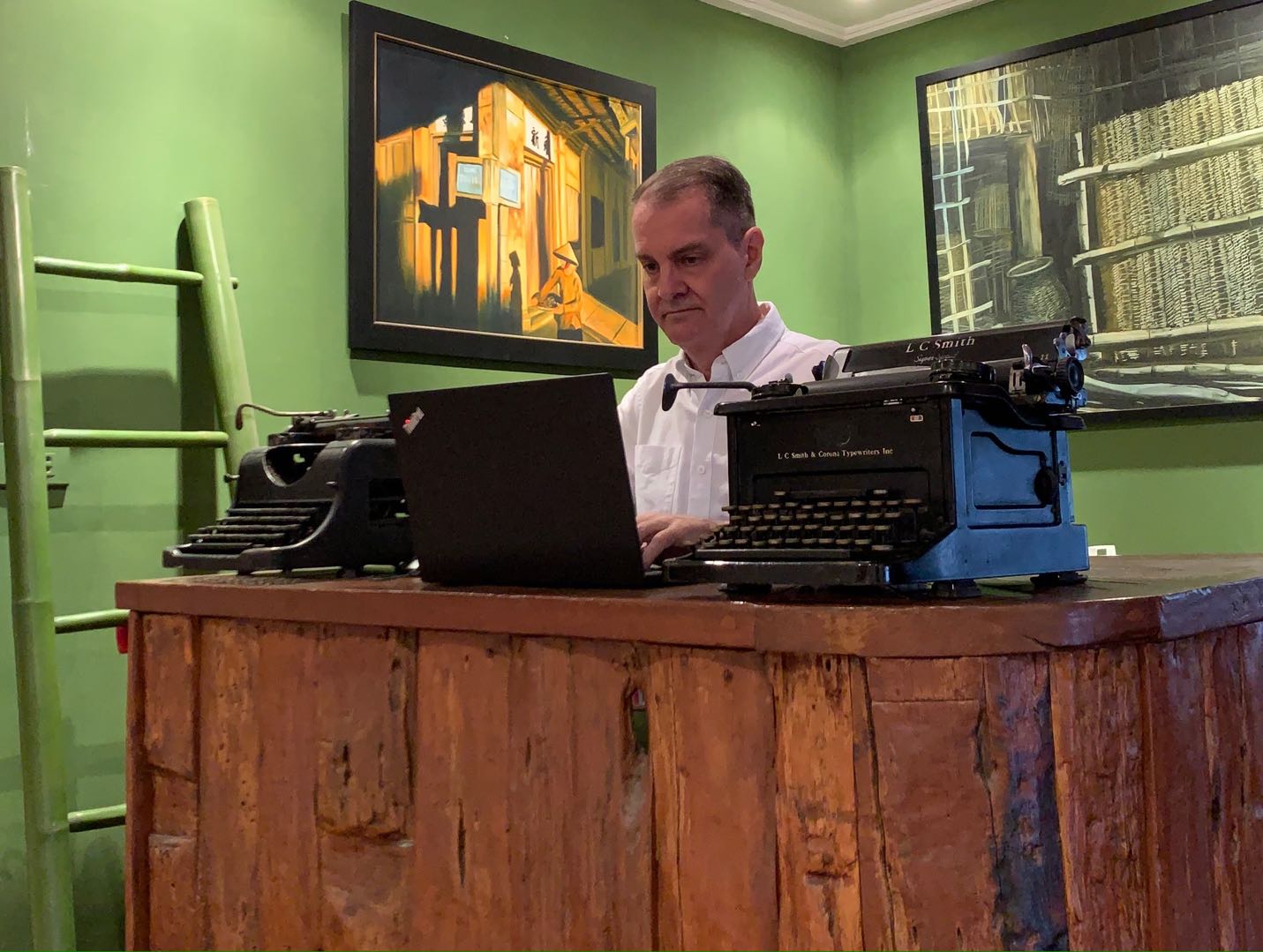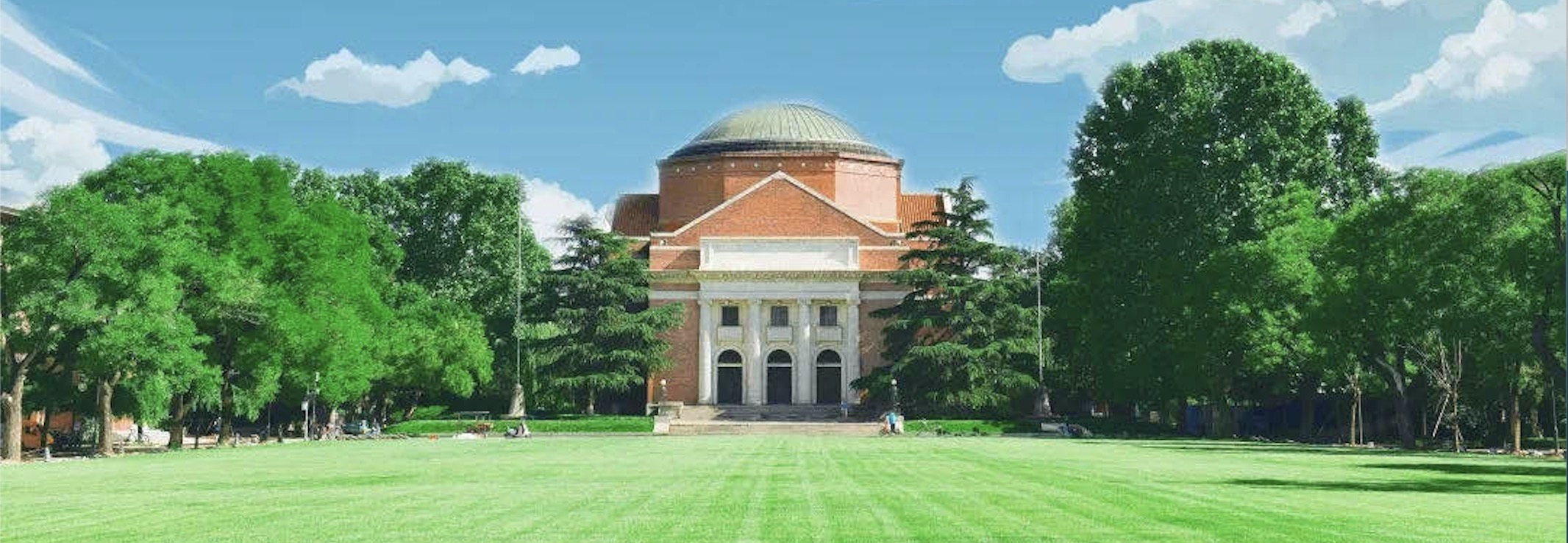
By LIU HUINING AND CHEN BIHAN
When Lee Miller gave his first lecture on the campus of Tsinghua University in 2007 in Beijing, he never expected the "G" in the brand-new Global Business Journalism – GBJ – program to become so literal.
Then came the novel coronavirus of 2020, and a new version of "G for Global" was initiated. Instead of students coming to Tsinghua for GBJ, this master's degree program started being broadcast across the world. In the process, there has been no delay to the spring 2020 semester at China's top-ranked university.
"More than 30 people are beaming into my data-mining course live from across China, down to South Africa and Australia, over to Oman, throughout Europe and in places like Japan, Korea and even Canada," said Professor Miller, who initially taught from the Bangkok office of Bloomberg News, but has now shifted to holding classes from his apartment in the Thai capital, as “social distancing” practices were encouraged.
"We are in different time zones, but when a class begins, students from all continents around the world will get ready and meet in a virtual classroom. The epidemic may affect people’s footsteps, but it will not stop their enthusiasm for learning. Maybe this is the meaning of G in GBJ,” added Professor Miller.
"Distance learning is not ideal,” he also said, a bit worried about its effectiveness at the very beginning. “It doesn't match the face-to-face interaction and comraderie of a classroom. But in the midst of adversity and uncertainty, we are tackling the problem head on by still delivering a high-standard of education."
Good universities have no walls. “Online advantages include the ability to invite guests to attend classes as students or lecture from anywhere in the world,” said Professor Miller, a founding member of the GBJ-Tsinghua faculty 13 years ago.
"One of the regular guests in the data-mining course is a computer-science student at Beijing Jiaotong University who's been quarantined at home in Wuhan since the outset of the virus," said Miller, who is concurrently a senior editor at Bloomberg News. Other guest "students" include staff from the Ministry of Culture and even a GBJ alumnus, who now works as a TV producer.
"The virtual classroom is actually more diverse in terms of attendees, because people can pop in from anywhere as long as they have the software and URL address," says Miller. "And many students actually seem more focused more because their phones or computers must be tuned into the lessons. In a classroom, their attention drifts because it's a lot easier to use chat apps."

Distance learning also gives students more choices and scheduling flexibility. That’s a boon for those who are already working or have additional responsibilities, such as taking care of their family. Proponents also say it’s more cost-effective, as people don’t have to travel and costs to maintain brick-and-mortar are drastically reduced.
The downsides include technical difficulties, such as limited internet access or software snafus, and the loss of community spirit and spontaneity – which is something that Miller says is impossible to replicate.
"Humans are social, and the campus and classroom environments are magical, said Miller. “At the same time, the quick adjustments we’ve made to go online at GBJ and Tsinghua showcases the 'can-do' spirit of students and teachers. Executive Dean Chen Changfeng and Professor Hang Min have provided great leadership, and my teaching assistant Dai Runtao and GBJ administrators Rose Li and Chengzhang Li have been amazing.”
Since 2007, almost 400 students from more than 65 nations have studied at Tsinghua's Global Business Journalism program. They've spent countless hours on campus in classrooms and lecture halls, canteens and dormitories and one-of-a-kind Bloomberg Lab. They've also made lifelong friendships in the pubs, KTV rooms and coffee shops in Beijing, and traveled with classmates across China.
"In crisis comes innovation," says Miller, a Pulitzer Prize-nominee from Detroit in the United States. "Of course I miss being with my students. But we are together in spirit and for the purpose of learning."
"Besides, they still complain about being given too much homework," Miller said.


